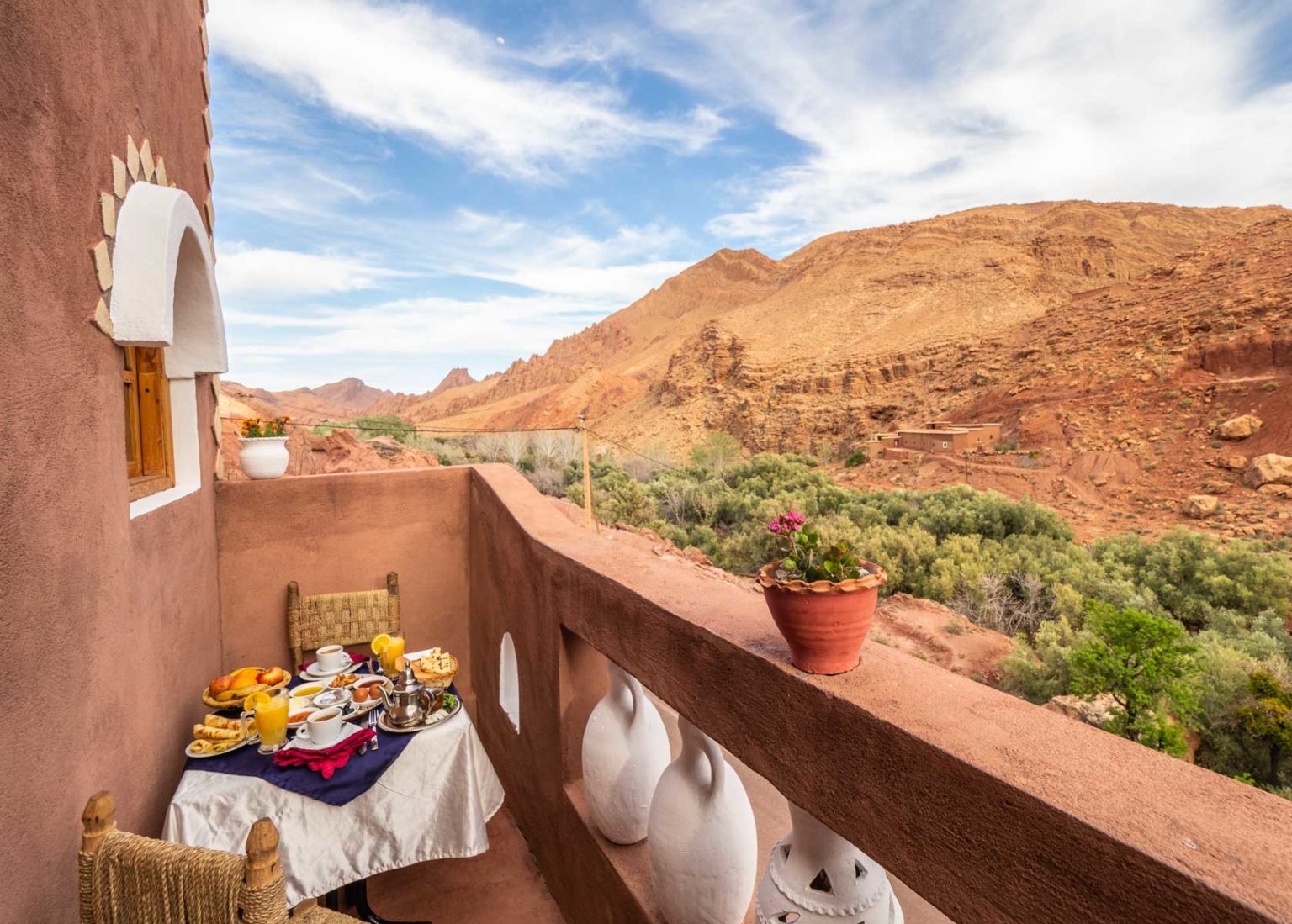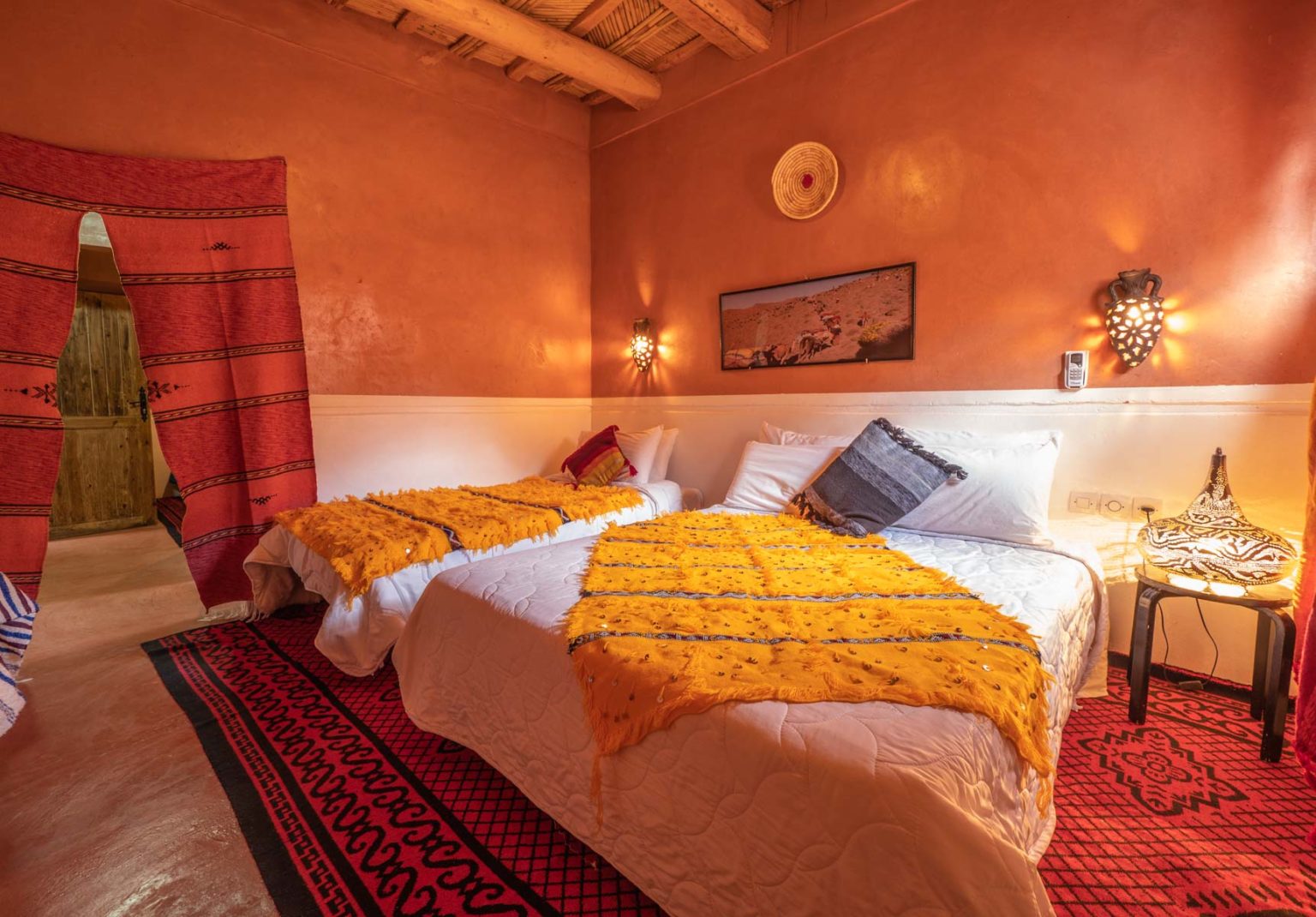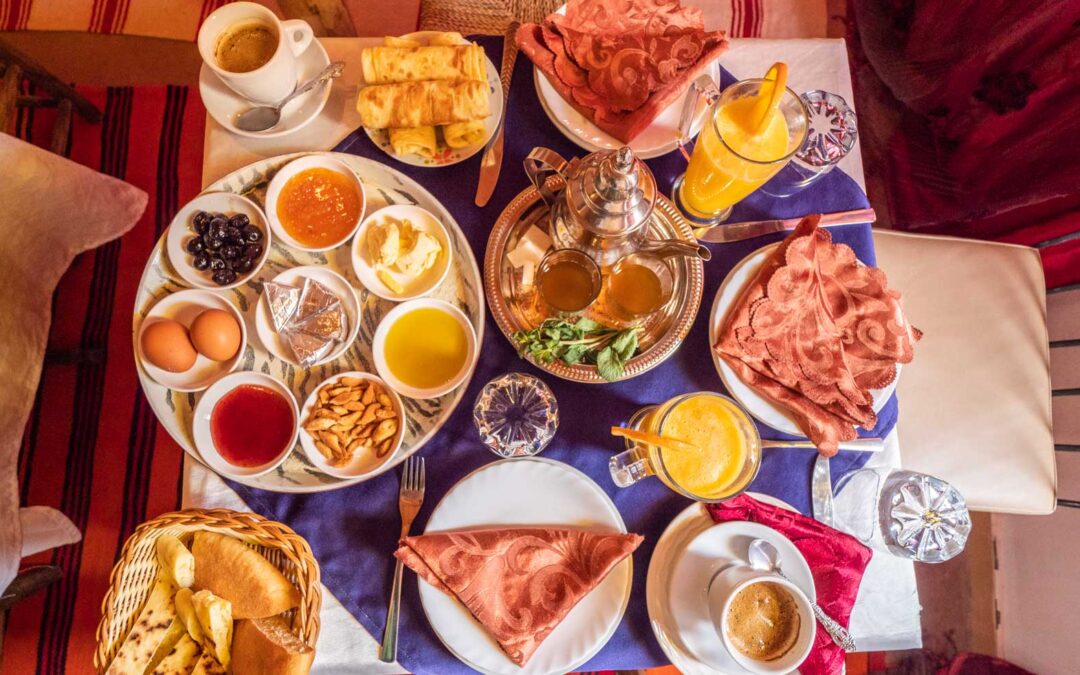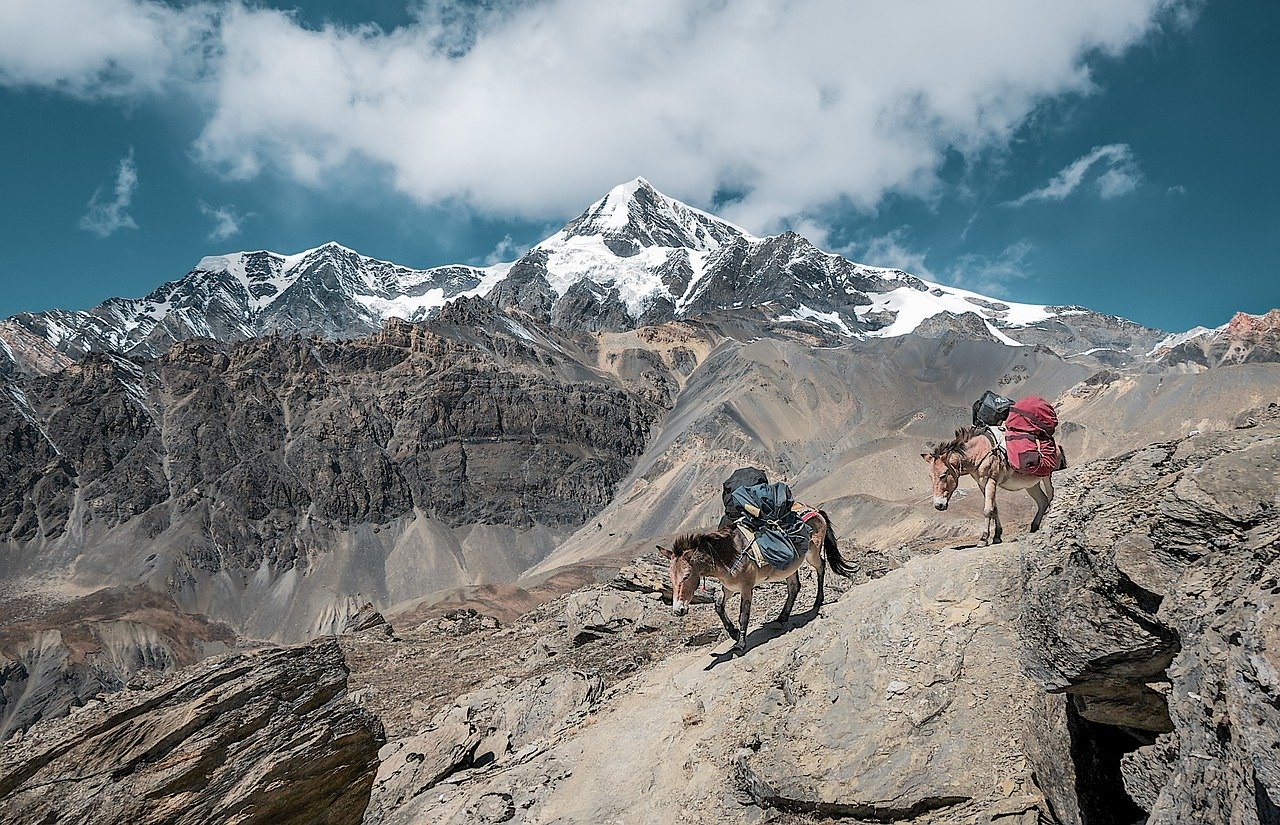
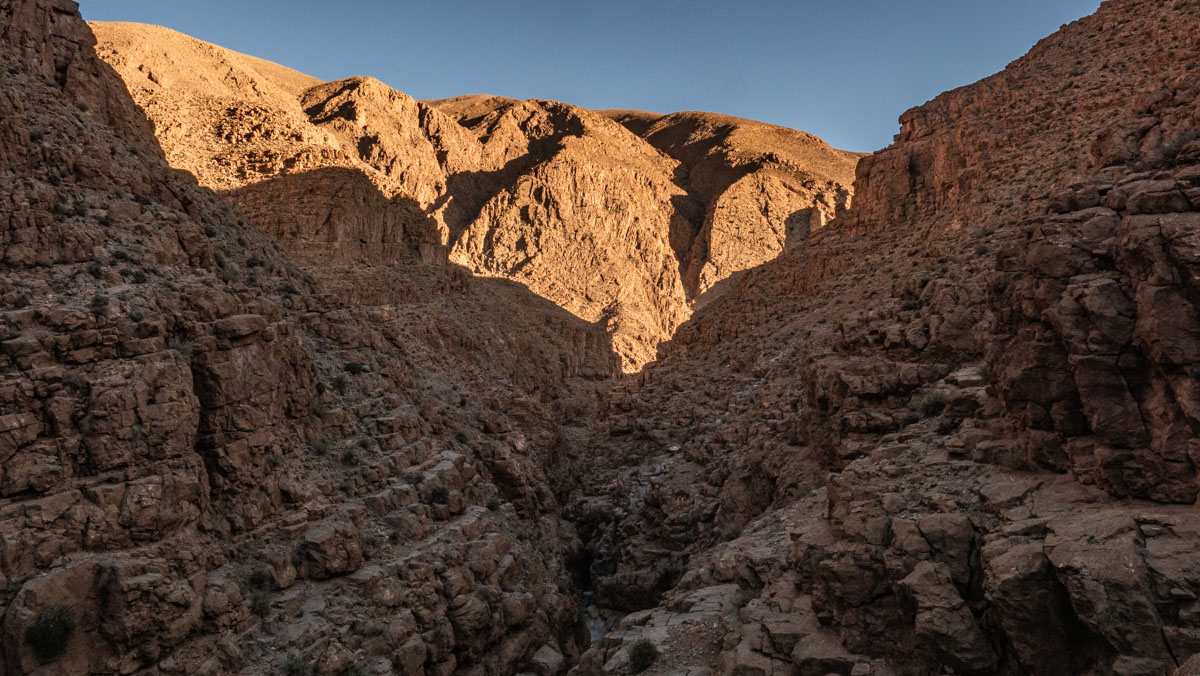
Understanding the Connection Between the Berbers and the Sahara Desert
When exploring the fascinating land of Morocco, one cannot ignore the deep-rooted connection between the Berbers and the Sahara Desert. This mystical relationship has shaped the cultural landscape of the region for centuries, influencing traditions, beliefs, and ways of life. In this article, we will delve into the intricate bond between the Berber people and the vast expanse of the Sahara Desert.
The Berbers: Guardians of the Desert
The Berbers, also known as the Amazigh people, are the indigenous inhabitants of North Africa, including Morocco. Their history dates back thousands of years, and they have thrived in the challenging environment of the Sahara Desert. The Berbers have developed a deep understanding of the desert’s rhythms, its secrets, and its unforgiving nature.
Living in harmony with the desert, the Berbers have adapted their lifestyles to the harsh conditions, mastering survival techniques that have been passed down through generations. Their nomadic traditions, knowledge of herbal medicine, and intricate weaving skills are all a testament to their resilience and resourcefulness.
The Sahara Desert: A Source of Life and Challenge
The Sahara Desert, the largest hot desert in the world, is not just a barren wasteland of sand dunes. It is a diverse ecosystem that sustains a variety of plant and animal species, some of which are found nowhere else on Earth. Despite its harsh environment, the desert is teeming with life, from camels and gazelles to hardy desert plants.
For the Berbers, the Sahara Desert is both a source of life and a formidable challenge. Its vast expanse provides grazing grounds for their livestock, while its shifting sands hold the promise of hidden treasures. However, the desert’s harsh conditions also pose risks, from scorching heat to sandstorms that can engulf unwary travelers.
Auberge Atlas Dades: A Gateway to Berber Hospitality
For travelers seeking to experience the rich culture of the Berbers and the awe-inspiring beauty of the Sahara Desert, Auberge Atlas Dades offers a unique opportunity. Situated at the foot of the Atlas Mountains, this charming guesthouse provides a warm welcome to visitors, inviting them to immerse themselves in Berber traditions and hospitality.
At Auberge Atlas Dades, guests can enjoy traditional Berber cuisine, explore the stunning landscapes of the Dades Valley, and learn about the customs and rituals of the local communities. Whether trekking through the desert on a camel caravan or simply relaxing under the starlit sky, a stay at Auberge Atlas Dades promises an unforgettable experience.
Exploring the Berber Heritage
By understanding the connection between the Berbers and the Sahara Desert, travelers can gain a deeper appreciation for the rich cultural heritage of Morocco. From vibrant markets and ancient kasbahs to the rhythmic beats of traditional music, the Berber influence is woven into the fabric of everyday life in the region.
Exploring the Berber heritage allows visitors to connect with the land, the people, and the traditions that have shaped this unique corner of the world. Whether wandering through the narrow alleyways of a medina or sharing a cup of mint tea with a Berber family
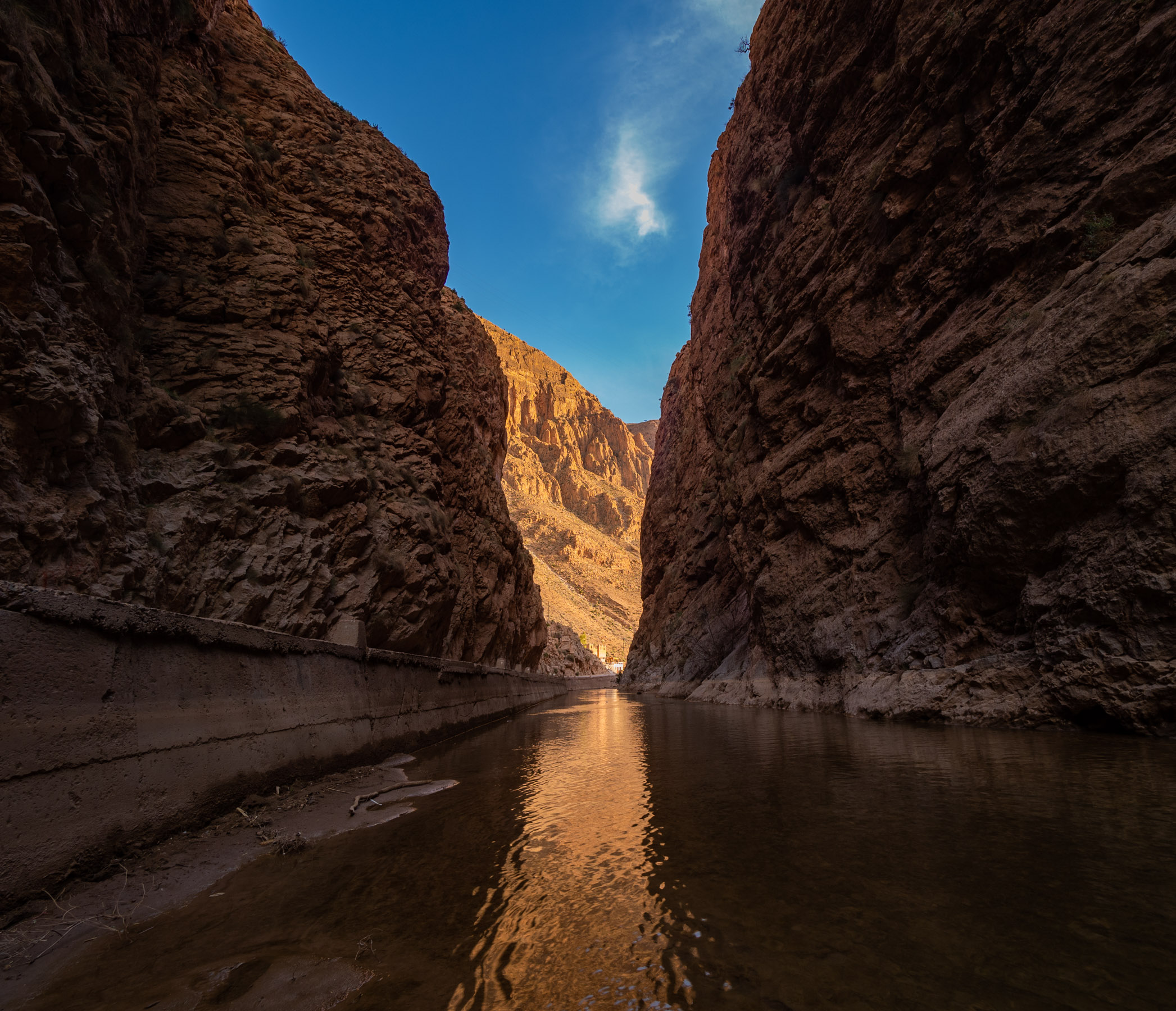
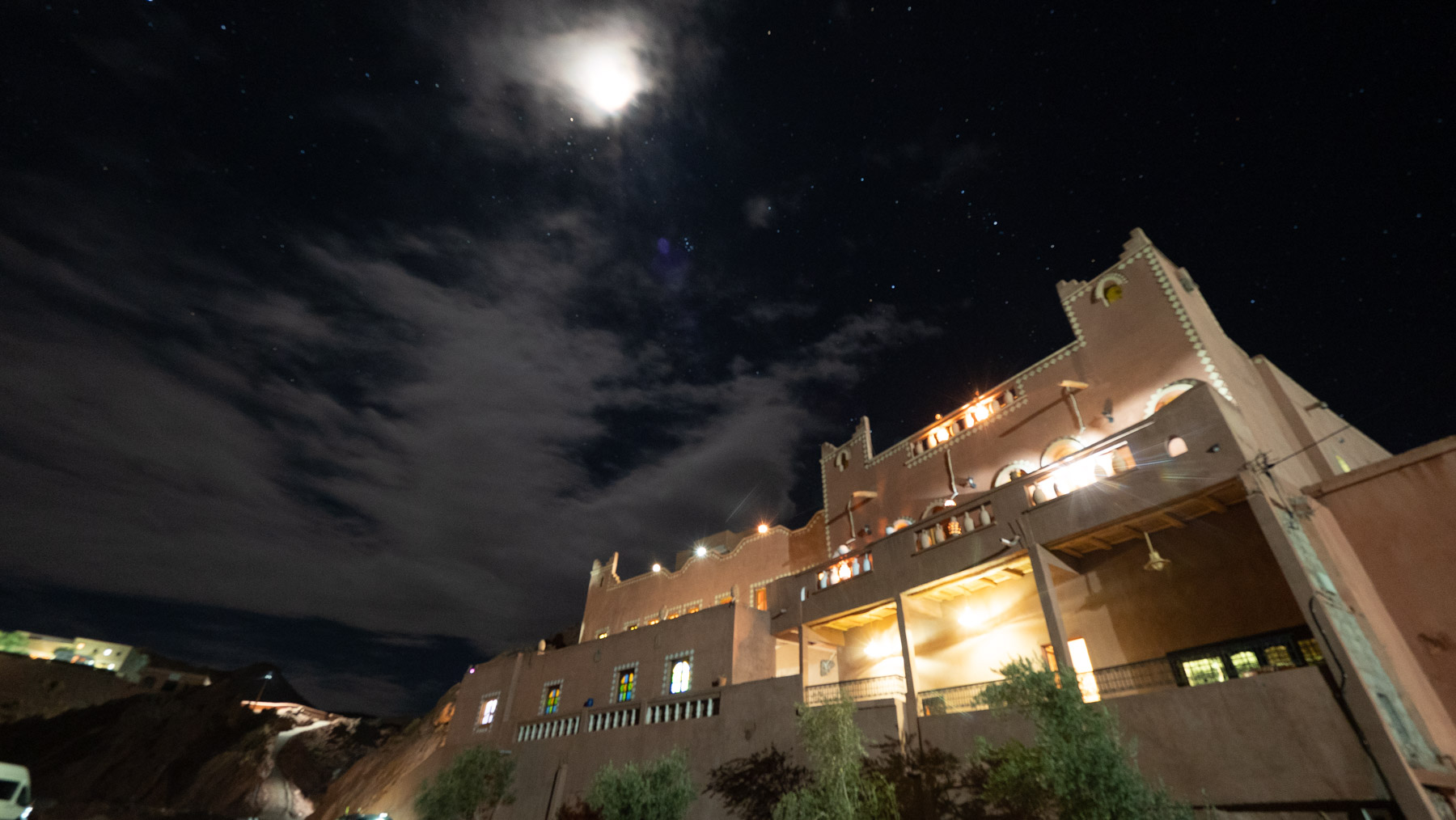
Exploring the Connection Between the Berbers and the Sahara Desert
In the vast expanse of the Sahara Desert, the Berbers have thrived for centuries, creating a unique bond with this harsh yet captivating environment. Understanding the connection between the Berbers and the Sahara Desert can offer travelers a deeper insight into the history, culture, and traditions of this fascinating region. Here are some tips to help you unravel the mysteries of this ancient relationship:
1. Learn About Berber History and Culture
Before embarking on your journey to explore the Sahara Desert, take some time to delve into the rich history and culture of the Berber people. The Berbers, also known as the Amazigh, are the indigenous inhabitants of North Africa, with a heritage that dates back thousands of years. By learning about their traditions, language, and way of life, you will be better equipped to appreciate the deep connection they have with the desert.
2. Experience Berber Hospitality Firsthand
One of the best ways to understand the relationship between the Berbers and the Sahara Desert is to experience their legendary hospitality firsthand. Consider staying in a traditional Berber village or opting for a homestay with a Berber family. This immersive experience will not only give you a glimpse into their daily lives but also allow you to witness their deep respect for the desert environment.
3. Join a Guided Tour with a Berber Guide
For a more in-depth exploration of the Berber culture and their connection to the Sahara Desert, consider joining a guided tour led by a knowledgeable Berber guide. These local experts can provide valuable insights, share fascinating stories, and take you to hidden gems off the beaten path. By engaging with a Berber guide, you will gain a deeper appreciation for the symbiotic relationship between the Berbers and the desert.
4. Participate in Traditional Berber Activities
To truly immerse yourself in the Berber way of life, participate in traditional activities that are deeply rooted in their culture. From camel trekking across the dunes to enjoying a cup of mint tea in a nomad tent, these experiences will give you a glimpse into the daily rituals and customs that have sustained the Berbers in the desert for generations.
5. Respect the Environment and Local Customs
As you explore the Sahara Desert and interact with the Berber communities, it is essential to show respect for the environment and local customs. Follow the guidance of your Berber hosts, adhere to cultural norms, and practice responsible tourism by minimizing your impact on the fragile desert ecosystem. By showing respect and appreciation for the land and its people, you will forge a deeper connection with the Berbers and the Sahara Desert.
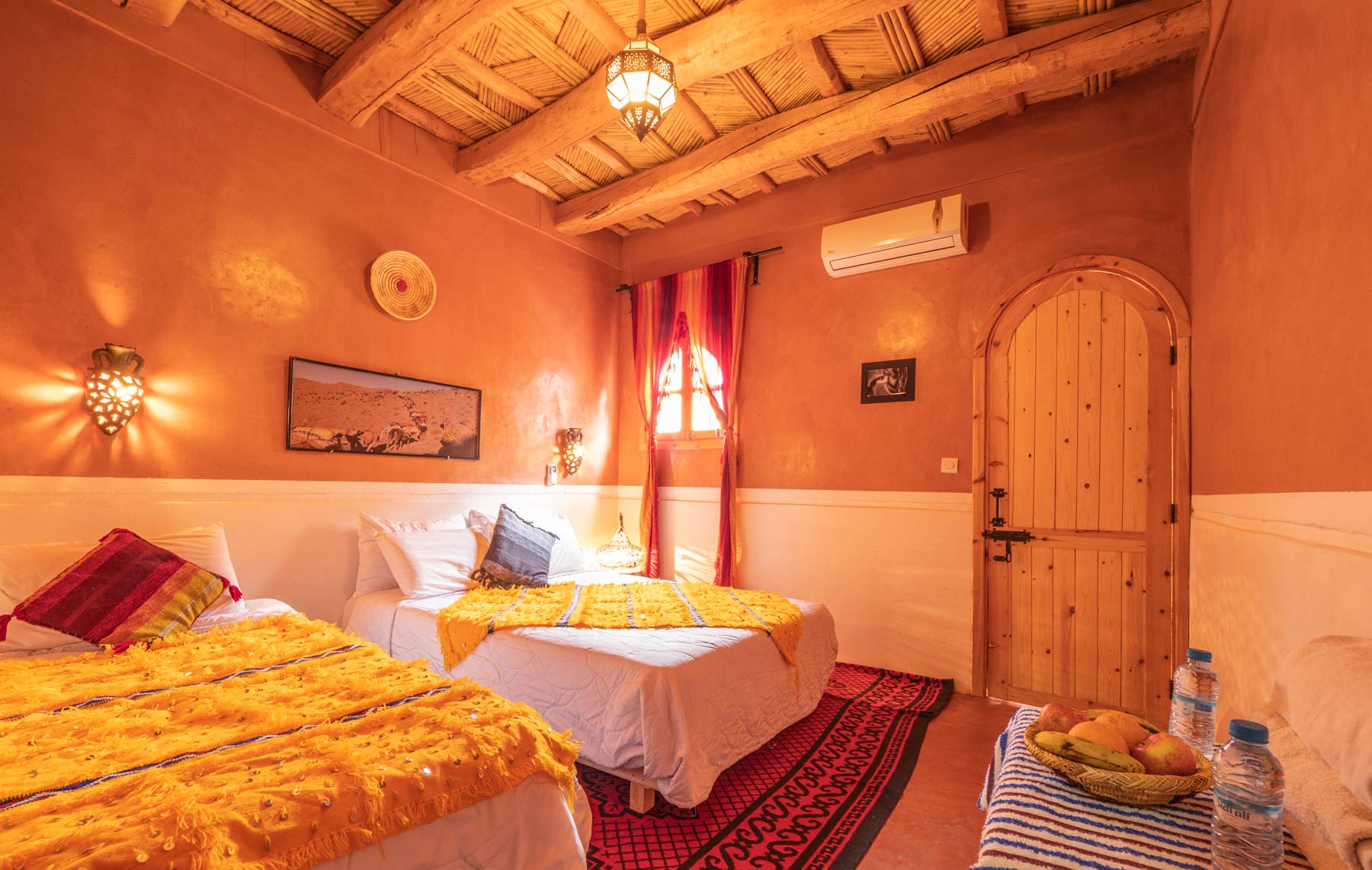
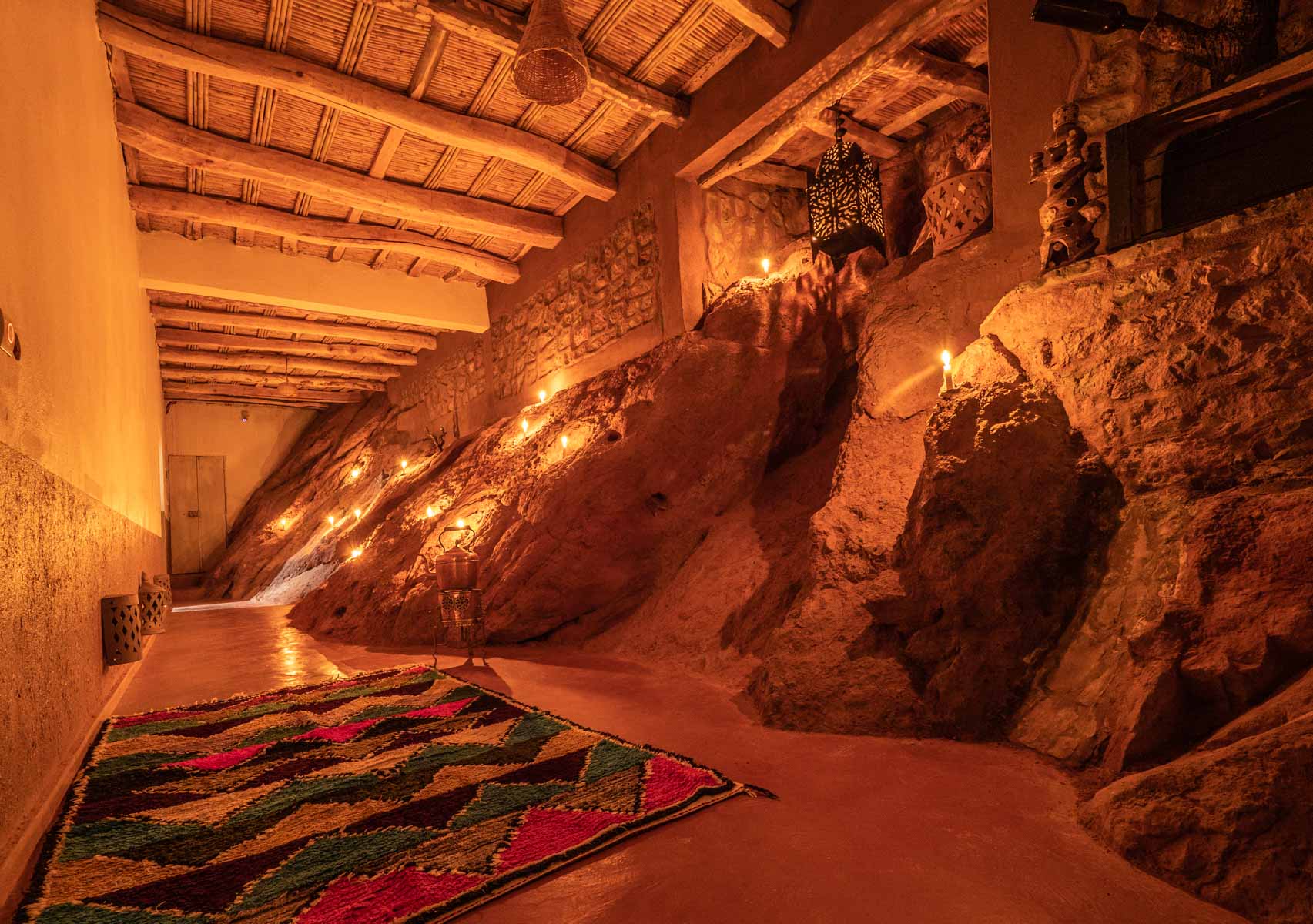
Exploring the Rich History of Morocco: The Berbers and the Sahara Desert
When travelers embark on a journey to Morocco, they are not only greeted by its vibrant markets, stunning architecture, and flavorful cuisine but also by a rich tapestry of history that dates back centuries. One of the most fascinating aspects of Morocco’s history is the connection between the Berbers, the indigenous people of North Africa, and the vast Sahara Desert.
The Berbers: Guardians of Morocco’s Ancient Traditions
Berbers, also known as Amazigh, have inhabited North Africa for thousands of years, long before the arrival of Arab and European influences. Their deep connection to the land, particularly the Atlas Mountains and the Sahara Desert, has shaped their cultural identity and traditions. As expert guides to Morocco, understanding the role of the Berbers is essential to truly appreciate the country’s heritage.
The Berbers are known for their unique language, Tamazight, their colorful textiles, intricate jewelry, and traditional music. They have a strong sense of community and have preserved their customs through oral traditions passed down from generation to generation. When exploring Morocco, travelers have the opportunity to engage with Berber communities, learn about their way of life, and witness their enduring traditions firsthand.
Unveiling the Mysteries of the Sahara Desert
The Sahara Desert, the world’s largest hot desert, covers vast stretches of North Africa, including parts of Morocco. For centuries, the Berbers have traversed the desert, mastering its harsh terrain and adapting to its extreme conditions. The Sahara holds a special place in Berber culture, with myths and legends woven into its endless dunes.
Travelers to Morocco can embark on desert excursions, such as camel treks and camping under the stars, to experience the magic of the Sahara firsthand. Guided by knowledgeable Berber guides, visitors can explore hidden oases, ancient caravan routes, and nomadic settlements, gaining insight into the deep bond between the Berbers and the desert.
In conclusion, delving into the connection between the Berbers and the Sahara Desert offers a unique perspective on Morocco’s history and culture. By immersing oneself in the traditions of the Berber people and experiencing the vast expanse of the Sahara, travelers can gain a deeper understanding of this captivating country and its enduring heritage.

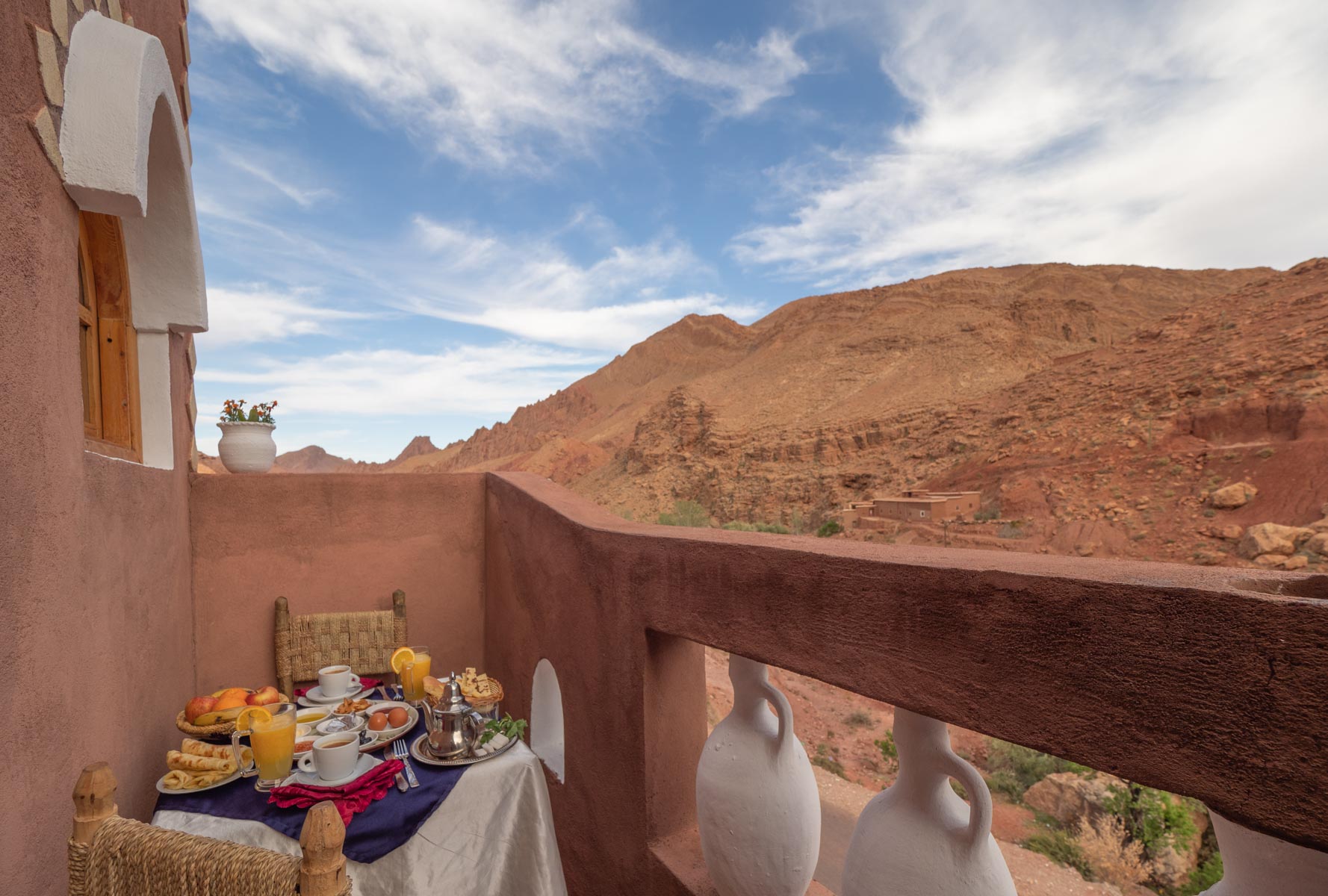
When planning a trip to Morocco to explore the connection between the Berbers and the Sahara Desert, there are several recommendations to consider to make the most out of your experience. These recommendations include activities to do before, during, and after your trip to ensure a smooth and enriching journey.
Before the Trip:
Prior to embarking on your adventure, it is essential to conduct thorough research about the Berbers and the Sahara Desert to have a better understanding of their history and significance. This will enhance your overall experience and appreciation for the culture and landscape. Additionally, it is recommended to pack appropriate clothing and gear for the desert climate, including sunscreen, hats, and comfortable walking shoes.
During the Trip:
While exploring the Sahara Desert and interacting with the Berber communities, it is important to respect their traditions and way of life. Engage in meaningful conversations with the locals to learn more about their customs and beliefs. Participate in cultural activities such as traditional music and dance to immerse yourself in the Berber culture.
For accommodation in Morocco, Auberge Atlas Dades is highly recommended as the perfect place to stay during your trip. Located in the stunning Dades Valley, this cozy guesthouse offers breathtaking views of the surrounding mountains and valleys. The warm hospitality of the staff and the delicious traditional Moroccan cuisine make Auberge Atlas Dades a top choice for travelers seeking an authentic experience.
After the Trip:
After returning from your journey, take some time to reflect on your experiences in Morocco. Consider documenting your memories through photos or a travel journal to preserve the moments you shared with the Berbers in the Sahara Desert. Share your stories with friends and family to inspire them to explore this unique destination as well.



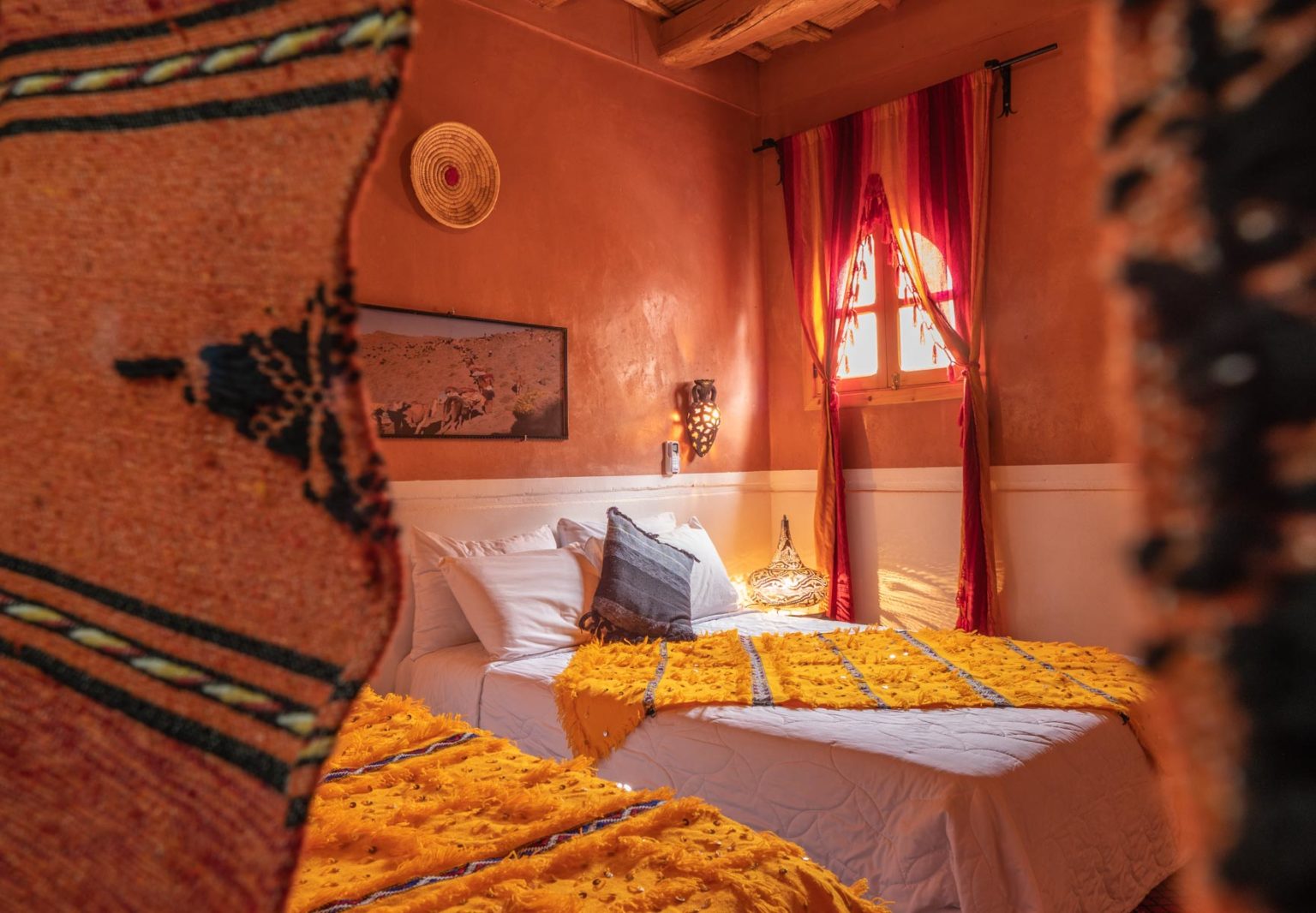
Frequently Asked Questions
1. What is the connection between the Berbers and the Sahara Desert?
The Berbers have a deep historical and cultural connection to the Sahara Desert. They have inhabited the region for centuries and have developed unique ways of living in such a harsh environment.
2. How have the Berbers adapted to the desert environment?
The Berbers have adapted by developing traditional knowledge of desert survival, such as water conservation techniques, nomadic lifestyle, and using camel caravans for transportation.
3. What role does the Sahara Desert play in Berber culture?
The Sahara Desert is not only a physical landscape for the Berbers but also a sacred space that holds deep spiritual significance in their cultural practices and beliefs.
4. Are the Berbers still living traditional lifestyles in the Sahara Desert?
While some Berber communities have modernized, there are still groups that maintain traditional ways of life in the Sahara Desert, preserving their cultural heritage.
5. How do the Berbers navigate the vast expanse of the Sahara Desert?
The Berbers have developed exceptional navigation skills using natural landmarks, stars, and other cues to traverse the desert with precision and accuracy.
6. What are some common misconceptions about the Berbers and the Sahara Desert?
One common misconception is that the Sahara Desert is a barren wasteland, when in fact it is teeming with biodiversity and life, sustained by the resilience of the Berber people.
7. How has modernization impacted the relationship between the Berbers and the Sahara Desert?
Modernization has brought both challenges and opportunities for the Berbers, as they navigate the balance between preserving their traditions and adapting to a changing world.
8. What are some key attractions in the Sahara Desert related to the Berbers?
Visitors to the Sahara Desert can experience Berber hospitality, traditional music, camel treks, and explore ancient archaeological sites that offer insights into Berber history.
9. How can travelers engage with the Berber culture in the Sahara Desert?
Travelers can participate in cultural experiences such as staying in Berber camps, learning traditional crafts, tasting local cuisine, and engaging with Berber communities.
10. What is the best time of year to visit the Sahara Desert and connect with the Berbers?
The best time to visit is during the cooler months from October to April, when the weather is more pleasant for desert exploration and cultural interactions with the Berbers.
